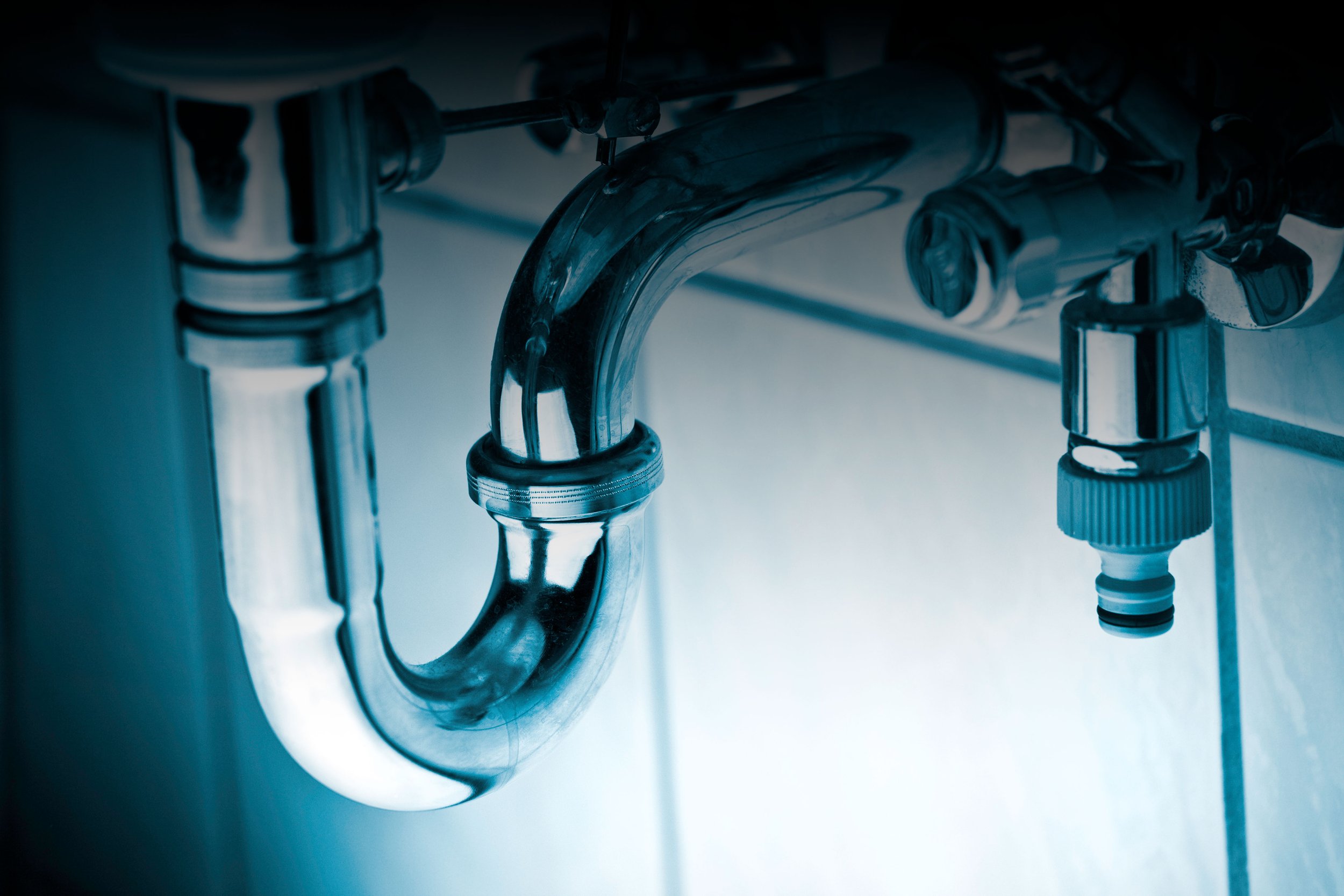
Have Questions?
Read the FAQ’s below!
Frequently Asked Questions
-
A toilet that fills up frequently could indicate that water is leaking from the tank to the bowl. The lift chain could be tangled or the flapper could be defected.
-
A weak shower pressure may be due to the accumulation of debris and other waste substance that has clogged your shower head.
-
Your water heater may be malfunctioning, or a high temperature cutoff has been tripped and therefore a reset needs to be done. Sometimes, it may be due to a defective thermostat.
-
Often times, bathtubs and sink drains are clogged because of hair. One trick is to use the metal end of a coat hanger and scoop inside the drain to remove hair blockage. Afterwards, flush with warm water and disinfectant.
-
One isn’t automatically better than the other — it all depends on your household’s hot water needs. There are a number of factors you’ll need to consider, like the amount of space you have and the amount of hot water you typically use at the same time (like if you typically run your dishwasher and laundry machine simultaneously).
-
Take care before the cold to prepare your home and plumbing system for below-freezing temperatures. This means insulating, sealing, and repairing. But some pipes may be more exposed than others due to their placement in your home, for example, in your basement, crawl space, or attic.
For more vulnerable pipes, you can install pipe insulation and heating cables. But if this isn’t an option and your pipes are in danger, turn on a faucet and run some water. Running water will take away the opportunity for it to freeze in vulnerable pipes.
-
An inconsistent water temperature usually means one of two things.
The most common is that multiple fixtures and appliances are using hot water at the same time. As an appliance begins using hot or cold water, the water pressure in the corresponding water line will drop. As such, the temperature of the fixture you had already set and begun using will adjust to the change, which will either increase or decrease the temperature.
If the water changes without an additional fixture or appliance using water, then your water heater likely needs some special attention.
-
Covering the unit is not necessary, especially if you have a heat pump that runs all year long. In fact, covering an entire unit may actually trap moisture. If you're concerned about leaves and debris getting inside the housing, short covers are available as an optional accessory.
-
One of the best ways to improve your system’s performance is to frequently clean or replace air filters. Other ways include purchasing a programmable thermostat, keeping curtains drawn or installing shades in rooms that are more exposed to sunlight, and not blocking airflow by closing vents in multiple rooms.
-
SEER stands for Seasonal Energy Efficiency Ratio – it measures HVAC system efficiency, which is calculated by the cooling output for a typical cooling season divided by the total electric energy output during the same time frame. The higher the SEER rating, the greater the energy efficiency of the system. The downside to a higher-SEER system is that it could potentially cost a homeowner thousands of dollars more to purchase and might take upwards of 10 years to recoup those costs. Be sure to ask your HVAC professional for advice on the best system for your budget and home.
-
Size is everything when it comes to your HVAC system. An F280 Heat Loss Calculation will tell you exactly what size system your house needs. It surveys your entire home and includes how much insulation there is, how old your system is, and what kind of windows your home consists of and which direction they are facing
-
Maintain air flow by keeping dust, dirt, and debris away from any system. Keep air filters clean and heat exchangers and coils free of restrictions. Ideally, a system should be serviced twice a year — once before the summer cooling season and once before the winter heating season.
-
Change your filters on a regular basis, and clean your outside coils once a month during the cooling season.

